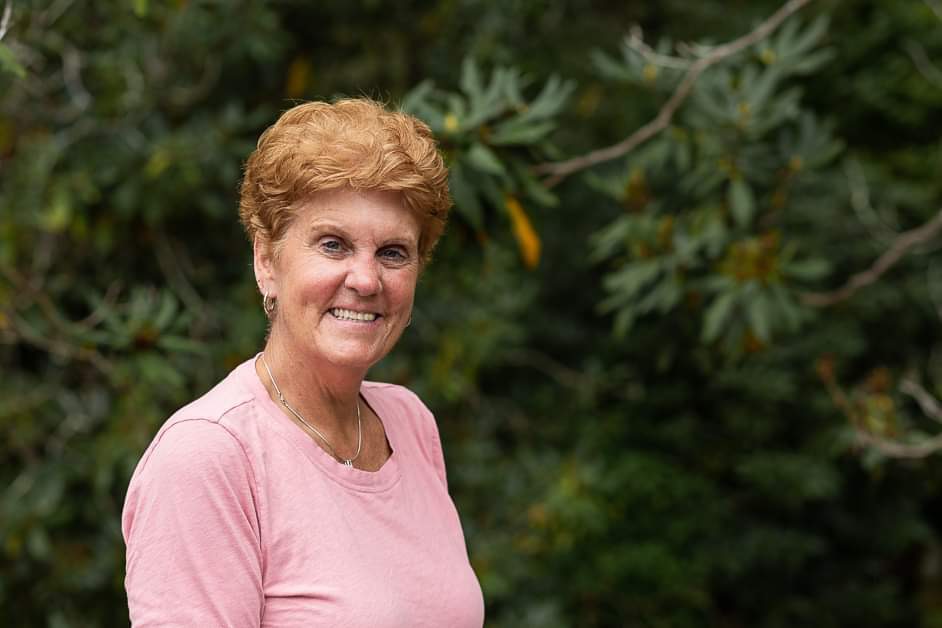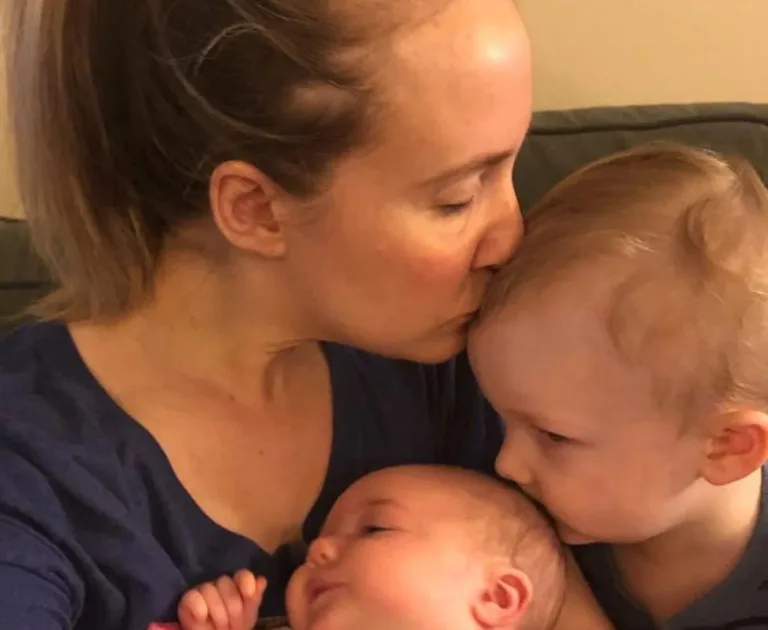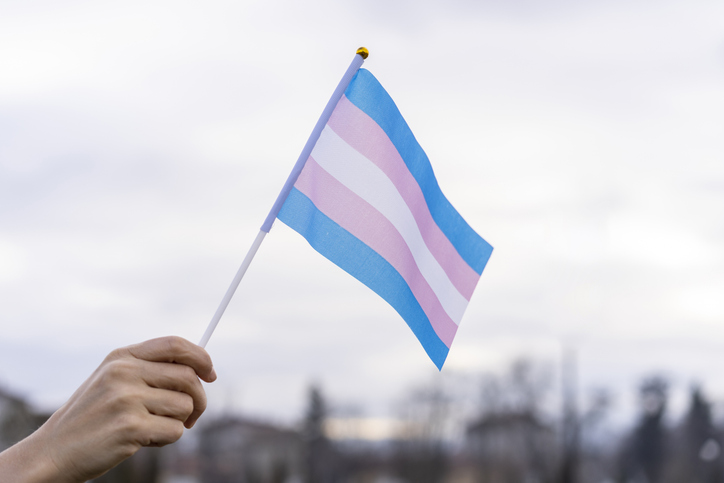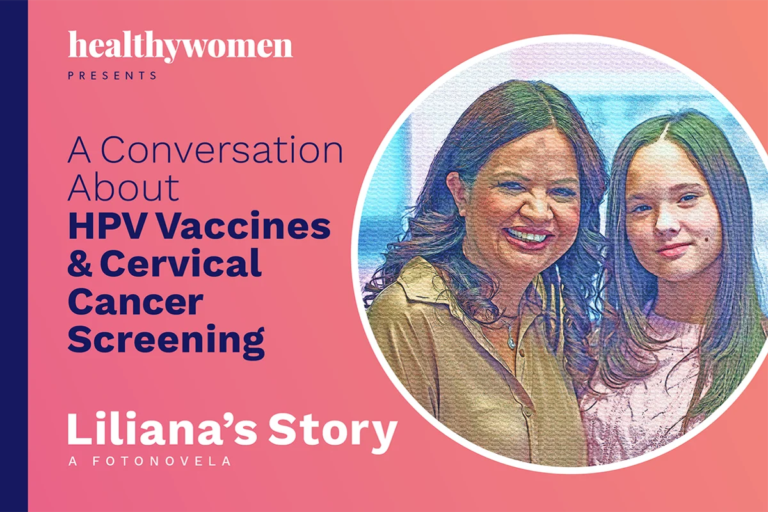As told to Nicole Audrey Spector
In 2013, I was at an amusement park with my family when I started experiencing sudden and frequent urges to urinate and a burning sensation when I peed. At first I chalked it up to getting older. I figured, “Well, maybe things aren’t working as well as they used to.” I was otherwise in great health and had no history of urinary tract infections (UTIs) or bladder problems.
Though I wasn’t particularly worried, I didn’t let it slide. After the amusement park outing, I reached out to my primary care provider (PCP) and explained my symptoms over the phone. Without seeing him in-person, he prescribed me antibiotics for a UTI. I took them and, for a while, things were fine.
But a few months later, the symptoms returned. So my doctor prescribed me another round of antibiotics to treat a UTI. Figuring that they’d worked the first time, so they’d likely work again, I took the antibiotics and my symptoms seemed to mostly resolve.
But then, something else started happening: I had bladder spasms. These felt like labor contractions and as though there was a rope being tightly pulled around my entire body. It was difficult to breathe. These spasms would grip me for about 30 seconds, then die down.
I called my PCP and, once again, explained my symptoms. This time, I asked to be seen in person. I went in for a urinalysis, which came back clear.
Soon after the urinalysis, I was at work and was seized by such incredible pain that my colleague suggested I call 911. I called my doctor and said I needed to be seen by a specialist immediately. I was referred to a urologist who looked at my urinalysis and said that, since it was clear, he wondered if perhaps I was having a bad reaction to certain foods.
The urologist put me on a really restrictive diet — but the spasms did not stop. Next, he gave me medication that wiped out my appetite, which made me feel even worse.
Still suffering, I went to an OB-GYN for a separate issue: two abnormal pap smears. Based on those, she scheduled me for a dilation and curettage (D&C). This is a procedure to remove tissue from inside your uterus to diagnose and treat certain uterine conditions.
The day I showed up for the D&C, I got terrible news from my health insurance provider. The company I’d worked for had not paid for my health insurance for months. The business had since shut down out of nowhere, so there was no one I could talk to about it. I canceled the D&C and went home, where $22,000 worth of bills from previous tests awaited me.
A few days later, I was in such terrible pain that I went to the ER. I was admitted for three days to have various tests. While there, I was diagnosed with hydronephrosis, a condition where one or both kidneys become stretched and swell up because of a buildup of urine.
The doctor treating me in the hospital contacted my urologist, who concluded that I needed a cystoscopy, a procedure where they use a camera to look inside your bladder. That test showed a mass, so the doctor ordered a transurethral resection of bladder tumor (TURBT), a procedure to diagnose and remove early stage bladder cancer. The TURBT revealed that there was a 90% chance I had bladder cancer. The following week, further testing showed that I absolutely had bladder cancer: stage 1 transitional cell carcinoma.
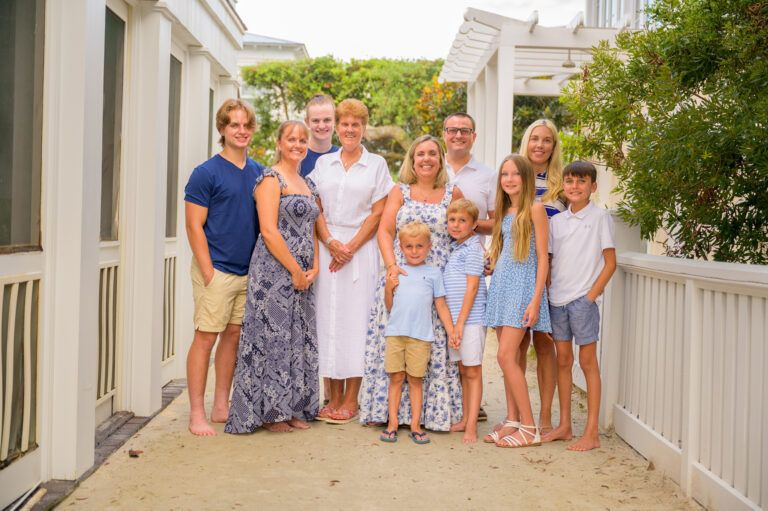
I was stunned — and everything in my life felt like it was falling apart. In addition to losing my healthcare, my home had also been burglarized. In a way, finding out I had bladder cancer wasn’t surprising. It was just another terrible thing to figure out.
My oncologist was smart and compassionate and embraced shared decision-making. He laid out all my options. One approach I could take was to go through a type of immunotherapy called BCG, which could stop, or at least delay, the growth of bladder cancer — but this was far from 100% effective. I’m not a gambler, so I was immediately turned off by this option. I was nearing retirement age and wanted to enjoy my golden years without worrying about cancer living inside me. I opted for the most radical approach: a cystectomy, which meant total removal of my bladder.
My choice was completely supported by my doctor, and after 10 months of symptoms, things finally moved fast. I had the cystectomy and felt better within days of the surgery. My recovery was excellent and years later, I remain cancer-free. The only serious change in my life since the cystectomy is living with a urostomy bag. Honestly, this hasn’t been a big deal in the slightest. Even when wearing a swimsuit, people have no idea I’m wearing a bag.
I’m still upset by the way doctors blew me off in the beginning. They were wrong not to know their own limitations and take steps to quickly send me to specialists.
After my experience with bladder cancer, I’ve leaned heavily into advocacy work. I’ve met wonderful women who are not as lucky as me, and whose cancer spread before they got an accurate diagnosis. What I’ve learned is that we have to be our own best advocates. If our general practitioners won’t refer us to a specialist, we need to seek out specialists on our own. If we’re experiencing chronic symptoms, we have to demand a urinalysis and other testing to get the right diagnosis.
Today, I’m in the best shape of my life. I exercise, travel and do everything else I love to do. I find that people tend to hang onto their diseased bladders thinking that they could never live with a urostomy bag. I don’t challenge or disagree with their decisions, but I would like everyone to know that your life doesn’t end with the removal of your bladder. In my case, I actually got my life back.
This resource was created with support from Merck.


